-
Welcome to Tacoma World!
You are currently viewing as a guest! To get full-access, you need to register for a FREE account.
As a registered member, you’ll be able to:- Participate in all Tacoma discussion topics
- Communicate privately with other Tacoma owners from around the world
- Post your own photos in our Members Gallery
- Access all special features of the site
Gas Octane
Discussion in '2nd Gen. Tacomas (2005-2015)' started by BreezyTaco, May 9, 2009.
Page 15 of 51
Page 15 of 51


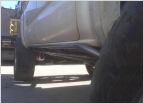 New Avid Rocker Gaurds
New Avid Rocker Gaurds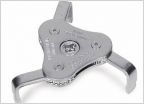 Oil filter wrench size
Oil filter wrench size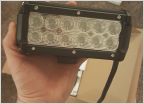 I mounted 6.5" Ditch lights
I mounted 6.5" Ditch lights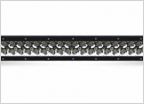 Wiring Harness 42'' Light Bar
Wiring Harness 42'' Light Bar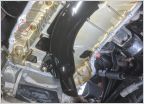 Changing oil pan gasket myself
Changing oil pan gasket myself
